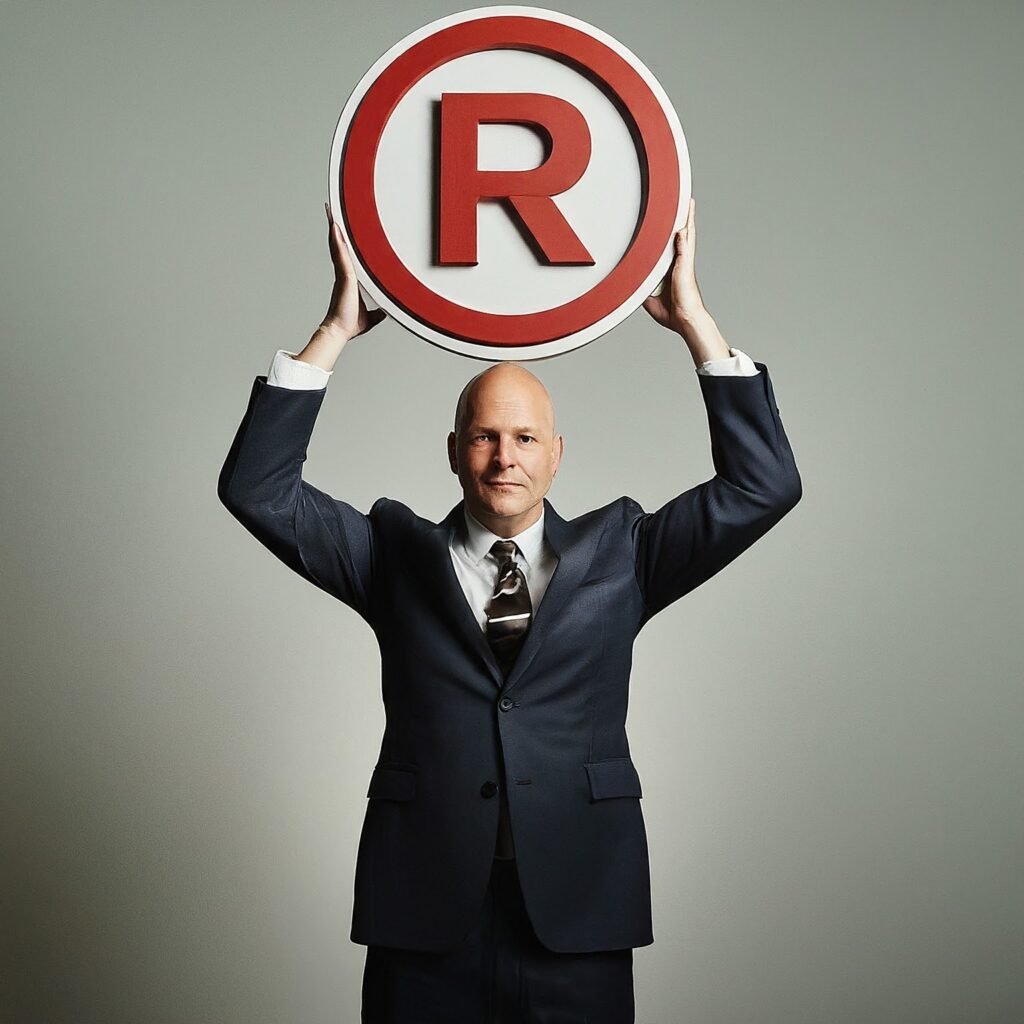Brett Trout
So what is a trademark? A trademark is any word, name, symbol, or device, used to indicate source and to identify and distinguish the owner’s goods or services from those manufactured or offered for sale by others. Trademarks are associated with specific goods or services. That is why one company may own the trademark “Avocado” for mattresses and another company may own the trademark “Avocado” for clothing. While you may own a similar trademark for different goods or services, you cannot own trademarks that are generic or merely descriptive. So you would not be allowed to own a trademark in “Avocado” or “Green” for avocados.
How do you obtain a trademark? As soon as you offer your board game for sale in commerce with a non-descriptive, non-infringing word or symbol, you automatically have a what is known as a “common law” trademark. While a common law trademark might be sufficient for most board games, if you anticipate competitors trying to sell a similar board game with your trademark, you may want to seek out a trademark attorney to assist you in pursuing federal trademark registration. Assuming there are no other trademarks similar to yours, the cost for federal registration runs less than $1,000. Although you do not have to register your trademark to enforce your trademark against infringers, federal registration does provide many benefits, including constructive notice to everyone in the country that you are claiming the trademark and the possibility of receiving treble damages and having your attorney’s fees paid if the infringer is found to be willfully infringing your federal trademark rights.

What is trade dress? Trade dress is a subset of trademark law that protects the visual appearance of the product or packaging to the extent it serves as an indicator of the source of the product.
How do I know if I infringe someone else’s trademark? The test for whether you infringe someone else’s trademark is whether there is a likelihood that consumers would be confused that your product originated from, or was authorized by, the trademark owner. Adding more words to an existing trademark will typically not avoid infringement of that trademark. If you incorporate someone else’s entire trademark into your trademark for the same goods, you are likely going to lose the incoming trademark infringement battle. Federally registering your trademark is a good way to not only protect your trademark, but it also gives you some indication of the likelihood you may be infringing someone else’s trademark. Bear in mind, however, the person with the best legal claim against you for trademark infringement is not always the one who actually ends up suing you for trademark infringement and since federal trademark infringement lawsuits can run hundreds of thousands of dollars, even if you win, it is sometimes easier to simply pick a different trademark than to fight trademark infringement lawsuit you are likely to win.
So do I need to federally register the trademark in my board game? That really depends on your game and your budget. If you are publishing tens of thousands of copies of your “evergreen” board game, the cost of federally registering your trademark, or at least undertaking a trademark infringement analysis, may indeed be warranted. If you are merely publishing 500 copies of your game for little or no profit, however, federally registering your trademark may not be worth the cost.





Recent Comments